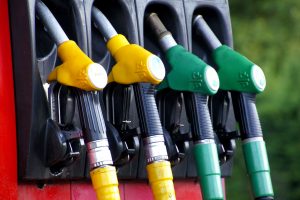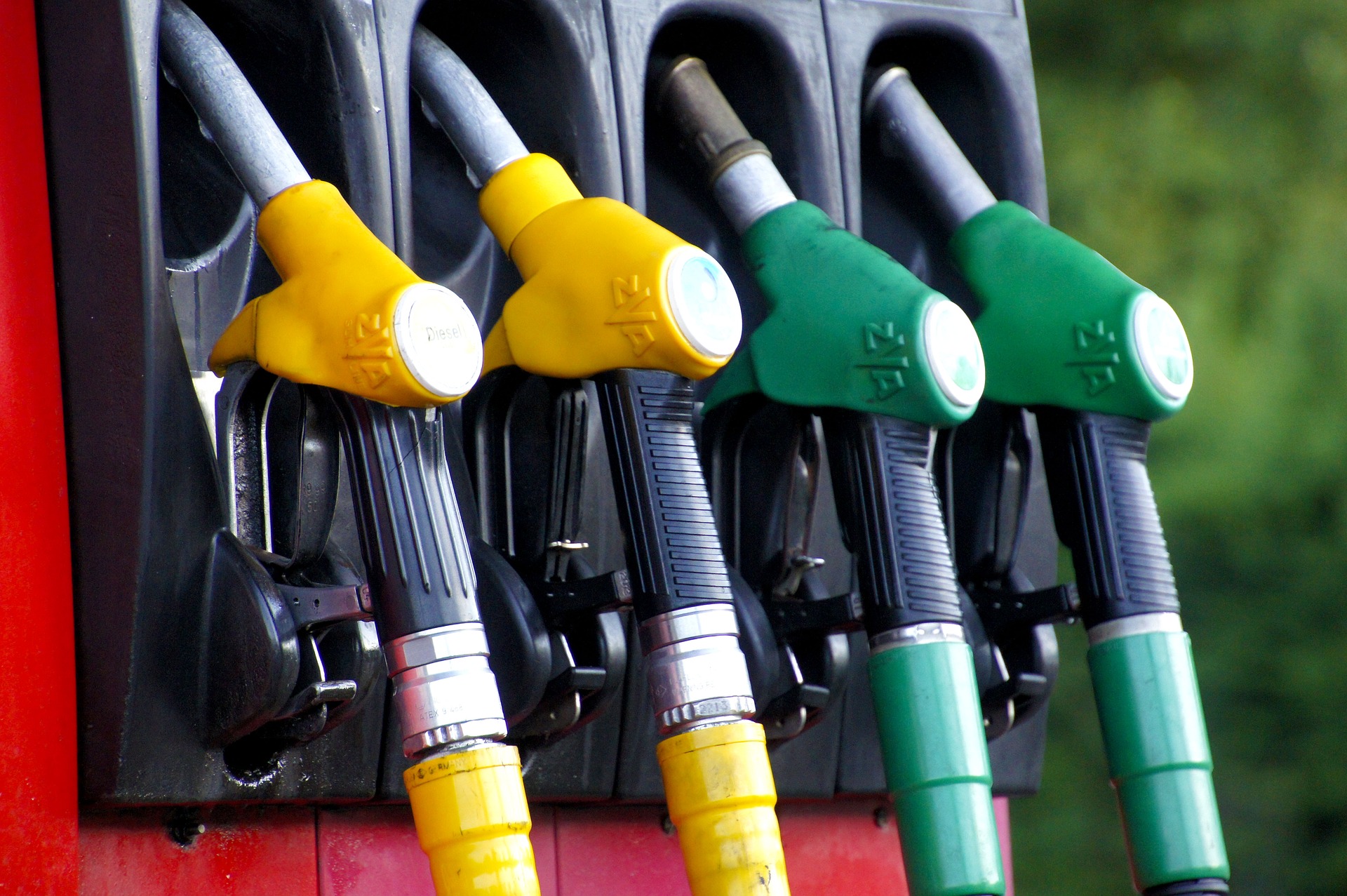5 Tips on Saving Gas In your Pontoon
Gone are the good ol’ days when you could get a gallon of gas for one dollar. With gas prices getting higher and higher by the year (predictions say $2.47/gal in 2019 and $2.62/gal in 2020), it’s probably time to start saving fuel – not just in order to spend less, but also protect the environment. While we Northern boaters are still wrapped up in our winter jackets waiting for the winter to end, here are a few tips to consider for when you take your ‘toon out again this year – whether this week or just in a few months.
Table of Contents
Clean the Hull
Every pontooner and manufacturer will advise you to clean any algae/barnacles/whatever other growth has accumulated on the hull as often as you can – as it not only damages the surface of the hull, but also slows down your boat, increasing fuel consumption. If you’re often sailing in brackish waters, paiting the bottom of your boat might be a good idea in the long run – it will cost you a few hundred bucks, but at least you won’t have to clean the gunk every few months!
A Lighter Boat Runs Faster
You wouldn’t believe how much junk can accumulate on a pontoon deck before you actually start cleaning. Removing unneeded objects can lighten your boat by quite a lot, and a lighter boat does consume a lot less fuel! Now, this doesn’t mean you have to leave everything on the shore – but you might want to get rid of the stuff that’s been sitting there untouched since two years ago.
Keep the Tanks Only Halfway Full

This applies to both the freshwater tank and the gas tank. Filling them only halfway through, or taking only as much as you need for the the day can lighten your boat by up to 1/4 – that means a lot less fuel needed to move it around! Just for your information, water weighs 8 pounds/gallon, and fuel roughly 7 pounds-gallon – so you could save quite a bit by cutting that weight in half.
Choose the Proper Engine Capacity
This tip only applies to those who are only looking to buy a pontoon and are thinking ahead of ways to reduce fuel, as I’m imagining not many of you would go ahead and spend one grand on a new motor for your boat just to save a few dollars on gas. Think about the average speed you would be cruising at most of the time, and choose a larger engine. Running smaller engines at full throttle consumes a lot more fuel than bigger ones at half capacity.
Keep Your Props Clean and Sharp
Props are crucial for smooth and fast sailing, that’s why you want to always keep them clean, and in good condition (aka replace them if needed) to minimize fuel consumption. if you’re looking to change your props with fuel efficiency in mind, 4 blade props are known to be the best choice.
Here is what I would recommend doing if you want to reduce fuel consumption of your boat – be it for financial or environmental reasons. However, wherever your motivation might come from, it;s always a good thing to have a faster, smoother running ‘toon, right?

